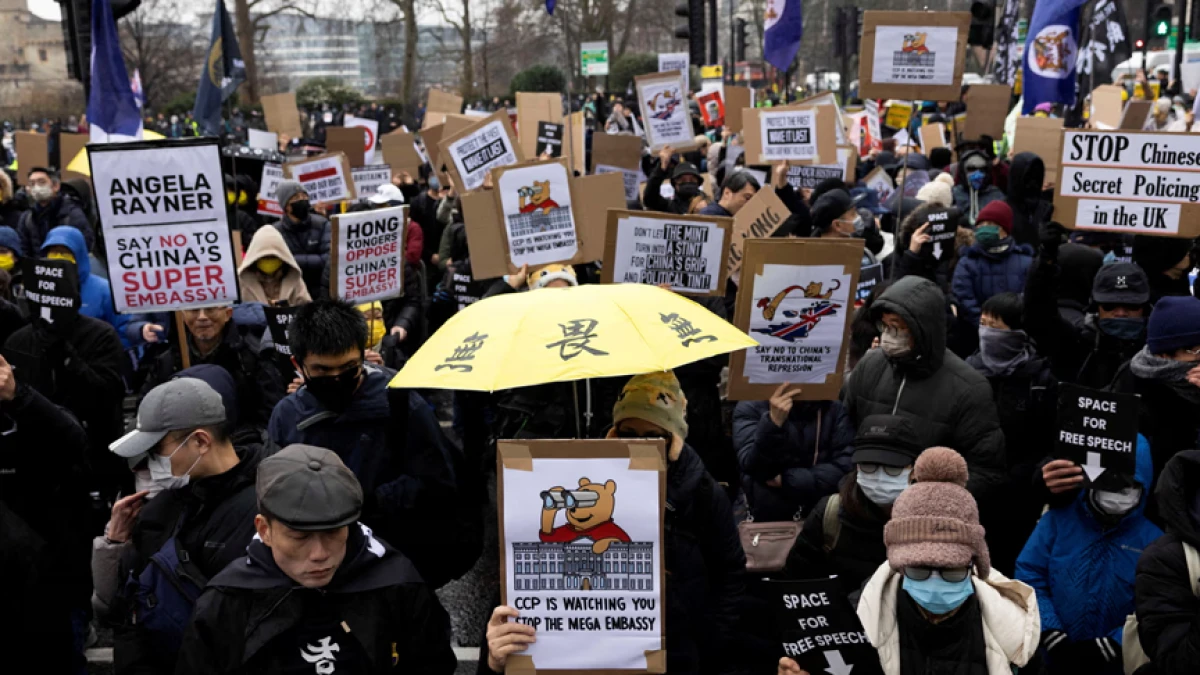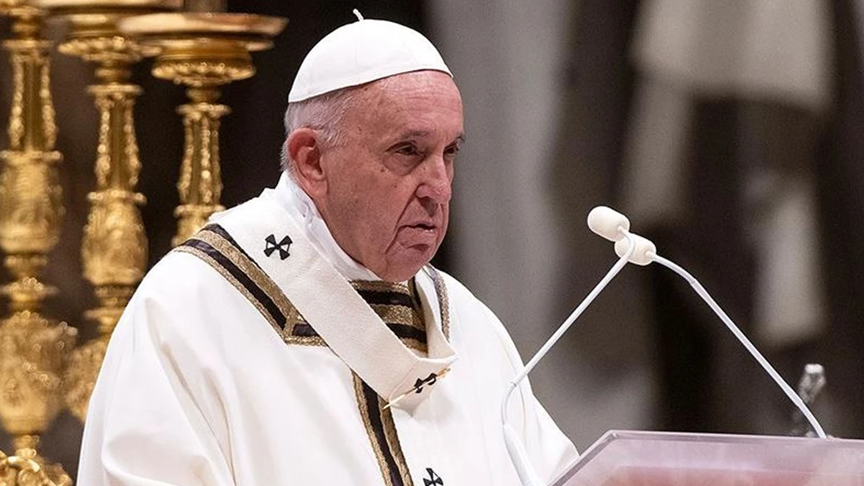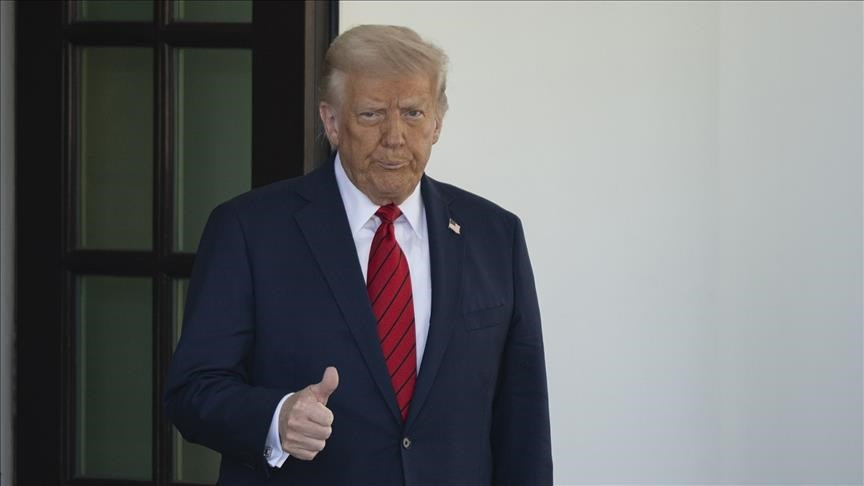German conservatives nominate new Cabinet ministers
German conservatives nominate new Cabinet ministers
Incoming Chancellor Friedrich Merz picks veteran politician Johann Wadephul as foreign minister and German-Turkish lawmaker Serap Guler as deputy foreign minister
Germany's Christian Democratic Union (CDU) nominated its Cabinet ministers on Monday, ahead of the expected formation of a coalition government next week.
Chancellor-designate Friedrich Merz has chosen veteran politician Johann Wadephul as foreign minister and Turkish- German lawmaker Serap Guler as deputy foreign minister.
In the upcoming coalition government, the CDU will lead six ministries, and its Bavarian sister party, the CSU, will control three. Their coalition partner, the Social Democrats (SPD), will hold seven ministerial posts.
According to a statement by the CDU on Monday, conservative lawmaker Thorsten Frei will take on the roles of federal minister for special affairs, head of the Chancellery, and commissioner for the federal intelligence services. Frei brings experience as a lawmaker since 2013 and has served as the parliamentary group leader of the CDU/CSU alliance since 2021.
The Christian Democrats nominated Katherina Reiche for minister of economy and energy, Karsten Wildberger for minister of digitalization and state modernization, and Nina Warken for minister of health.
The coalition agreement between the CDU/CSU and SPD was finalized by political leaders earlier this month after weeks of negotiations. The Social Democrats are conducting a membership-wide vote on the coalition agreement, ending Tuesday, with results expected the following day. The CDU is set to hold a party conference later on Monday to endorse the coalition agreement, which is likely to pass. The CDU's sister party, the CSU, has already approved the agreement.
If the Social Democrats endorse the coalition agreement, the official signing ceremony will be held on May 5, followed by the German parliament's vote to elect Friedrich Merz as the new chancellor on May 6.
In February's snap elections, the Christian Democrats (CDU/CSU) won 28.5% of the vote but fell short of an outright majority. While the SPD recorded their lowest-ever result at 16.4%, they became a crucial coalition partner. Together, the parties will hold 328 seats in parliament -- well above the 316-seat threshold required for a governing majority.
Yorumunuz başarıyla alındı, inceleme ardından en kısa sürede yayına alınacaktır.



















